Google ditches Project Ara's modular smartphones
But it may revive the devices through licensing deals

Google has abandoned its modular smartphone initiative, Project Ara, it has been claimed.
The tech giant took the decision as part of a move to unify its various hardware plans, according to Reuters, citing sources with knowledge of the matter.
The modular smartphone was meant to allow users to swap hardware chunks in and out of their phone, making it customisable.
For instance, they could change the battery or add a better camera to a skeleton frame sold by Google.
Now it seems that the Google's plans have changed, however, following former Motorola president Rick Osterloh's return to oversee the company's attempts to unify its hardware efforts, which range from Nexus phones to Chromebooks.
"Project Ara was a fascinating concept but I would've been surprised if it had taken off commercially," IDC's VP of devices research, Bryan Ma, told PC World. "Smartphones by nature of their small sizes demand very tight integration."
Had Google pushed ahead with Ara, it would have marked a distinct departure from the trend of yearly smartphone releases led by the likes of Apple and Samsung.
Get the ITPro daily newsletter
Sign up today and you will receive a free copy of our Future Focus 2025 report - the leading guidance on AI, cybersecurity and other IT challenges as per 700+ senior executives
While the devices would have reduced electronic waste, their interchangeable parts would make them costly to produce, TECHnalysis Research analyst Bob O'Donnell told Reuters.
Google had planned to test the device in Puerto Rico last year, but delayed those plans as it reevaluated Ara, though at the time it claimed the delay was due to "lots of iterations... more than we thought".
However, Reuters said Google may still release the device through licensing deals with partners.
Google declined to comment, however IT Pro understands Reuters' report is accurate.
-
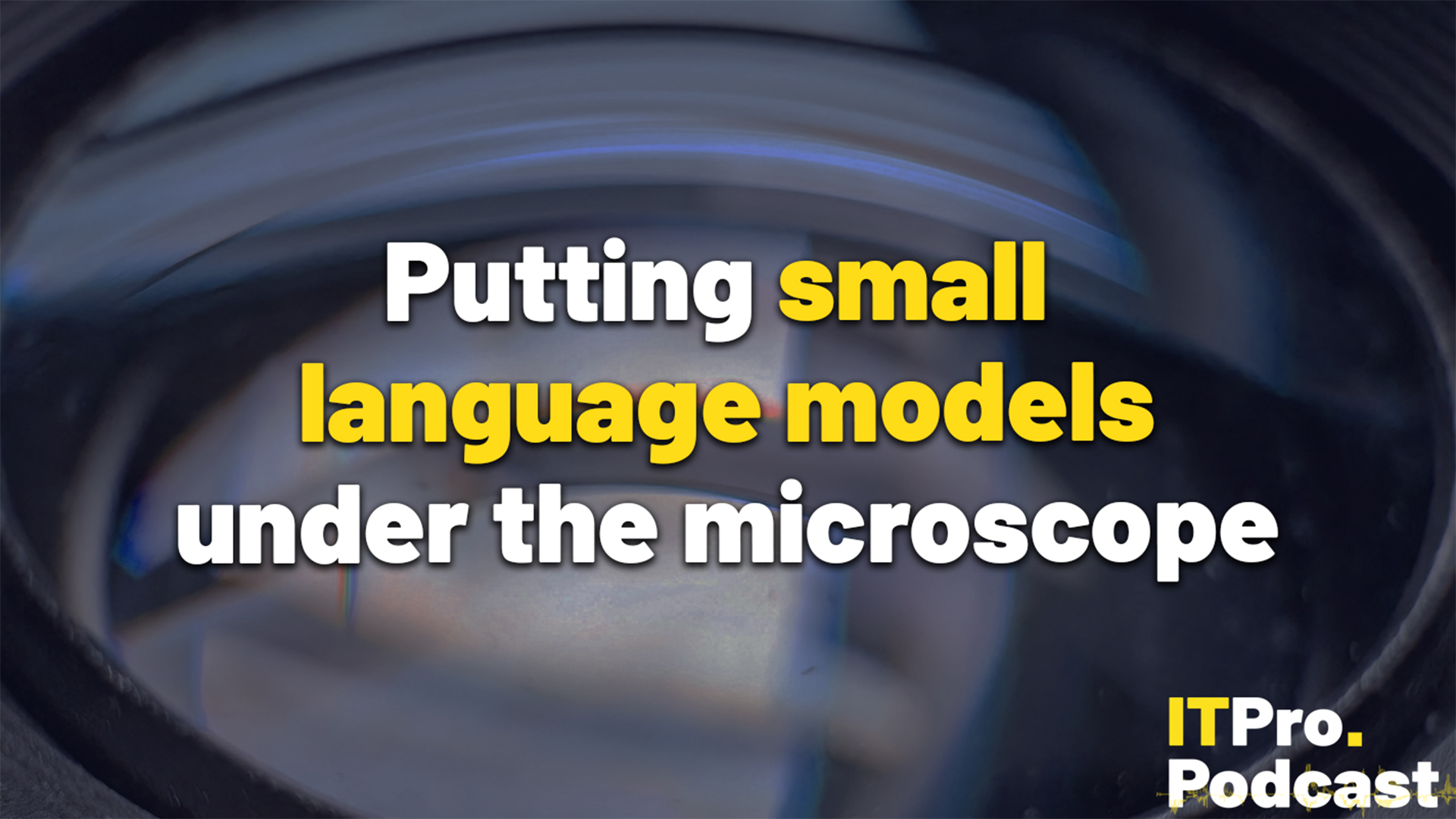 Putting small language models under the microscope
Putting small language models under the microscopeITPro Podcast The benefits of small language models are undeniable – but they're no silver bullet
By Rory Bathgate
-
 CyberOne appoints Microsoft’s Tracey Pretorius to its advisory board
CyberOne appoints Microsoft’s Tracey Pretorius to its advisory boardNews The threat intelligence leader will provide strategic guidance to CyberOne’s executive team
By Daniel Todd
-
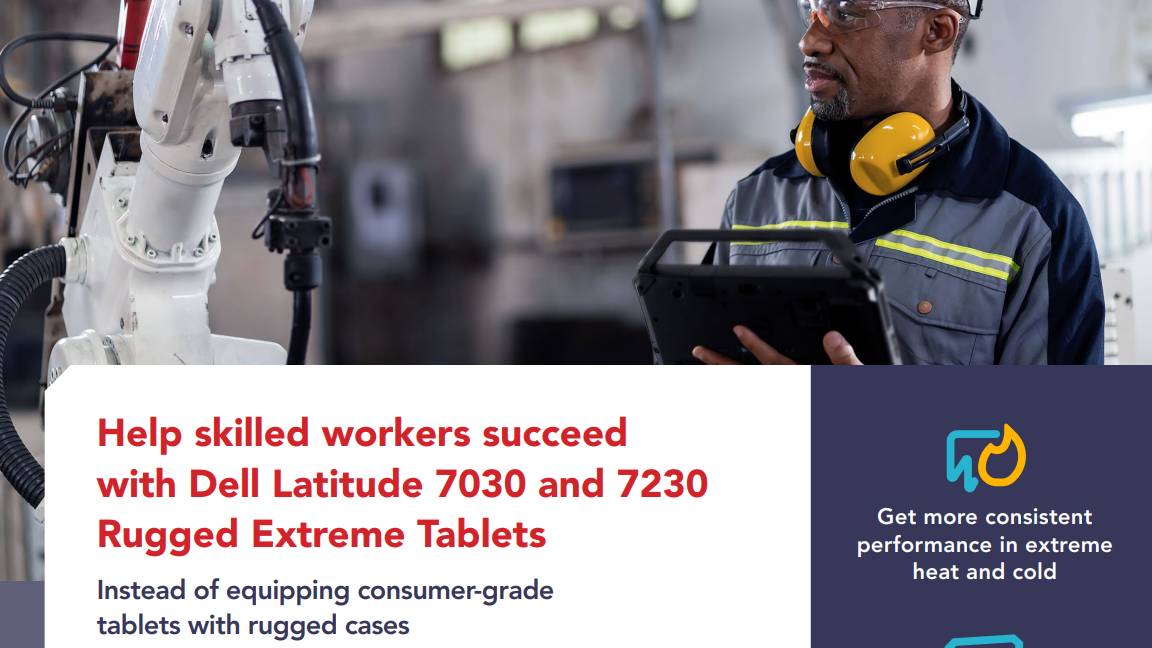 Help skilled workers succeed with Dell Latitude 7030 and 7230 Rugged Extreme tablets
Help skilled workers succeed with Dell Latitude 7030 and 7230 Rugged Extreme tabletswhitepaper Help skilled workers succeed with Dell Latitude 7030 and 7230 Rugged Extreme tablets
By ITPro
-
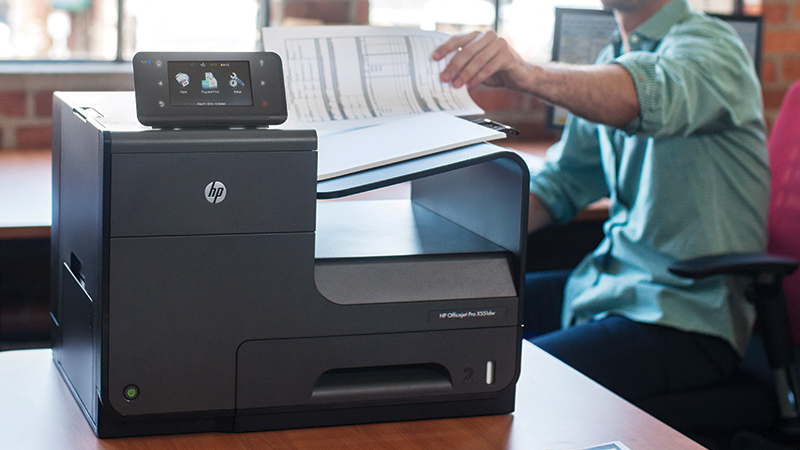 Laser printers vs Inkjet: Which is best for the workplace?
Laser printers vs Inkjet: Which is best for the workplace?In-depth You should always use a laser printer over an inkjet for business, right? Not necessarily
By Clare Hopping
-
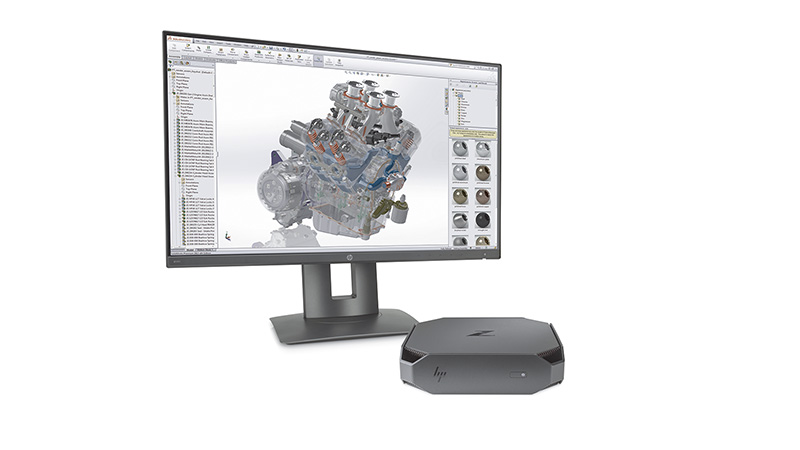 Big data, no problem
Big data, no problemSponsored When it comes to crunching data there's no such thing as too much power.
By Fidel Williams
-
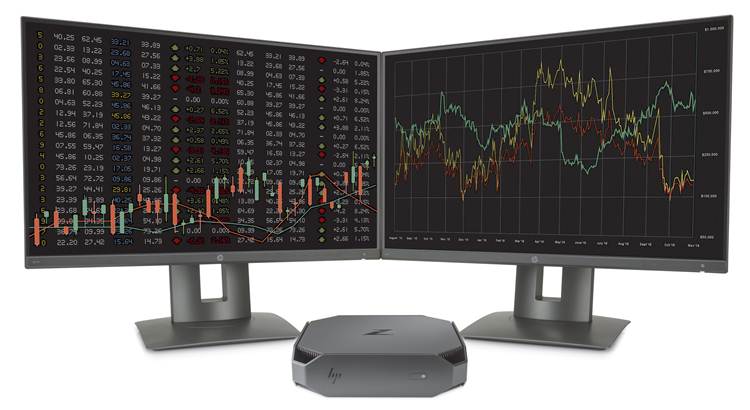 Big power in a small box
Big power in a small boxSponsored Crunching huge amounts of data needs a very powerful workstation.
By Fidel Williams
-
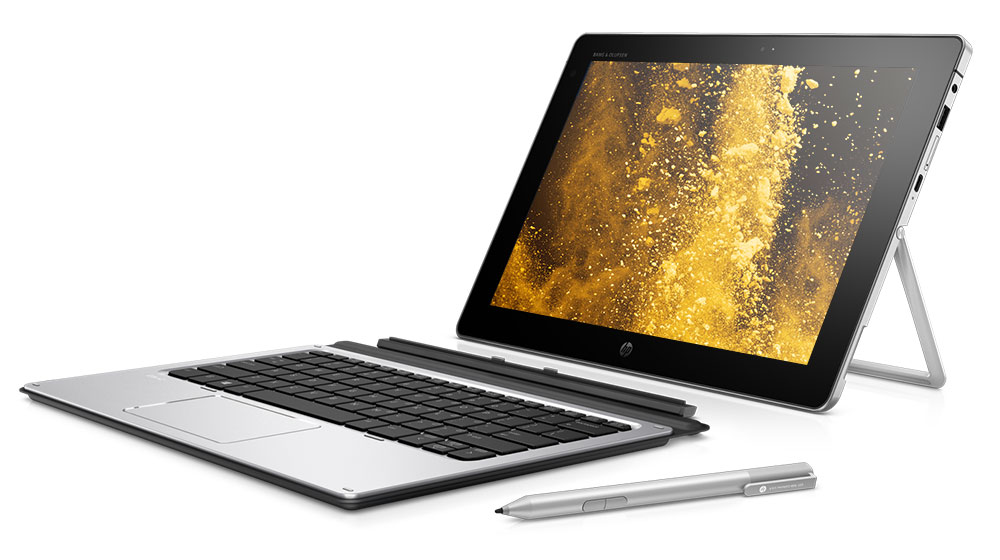 Making the move to a 2-in-1 device
Making the move to a 2-in-1 deviceSponsored Is HP's flagship 2-in-1 the ideal device for a busy, mobile business user?
By Jessica Ryan
-
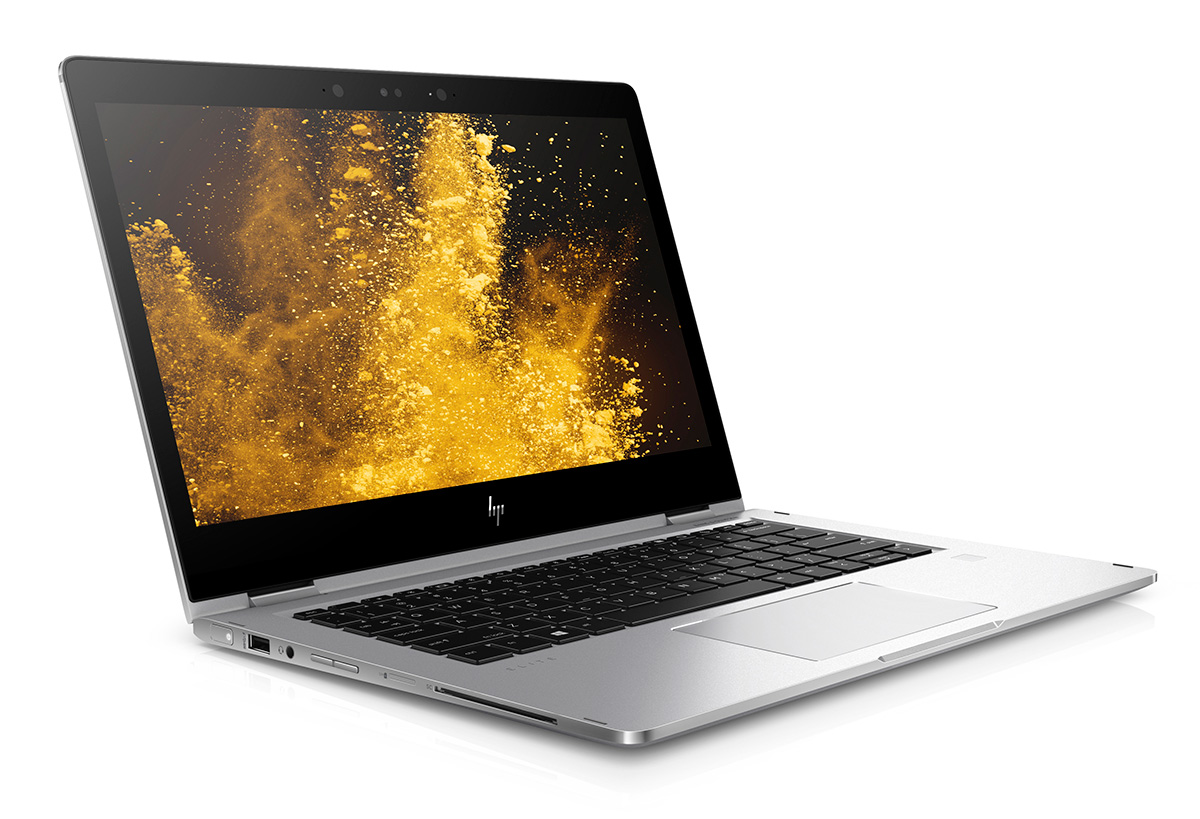 Living with a convertible laptop: part 1
Living with a convertible laptop: part 1Sponsored No more carrying a laptop and tablet, it's time to try something new.
By Riyad Emeran
-
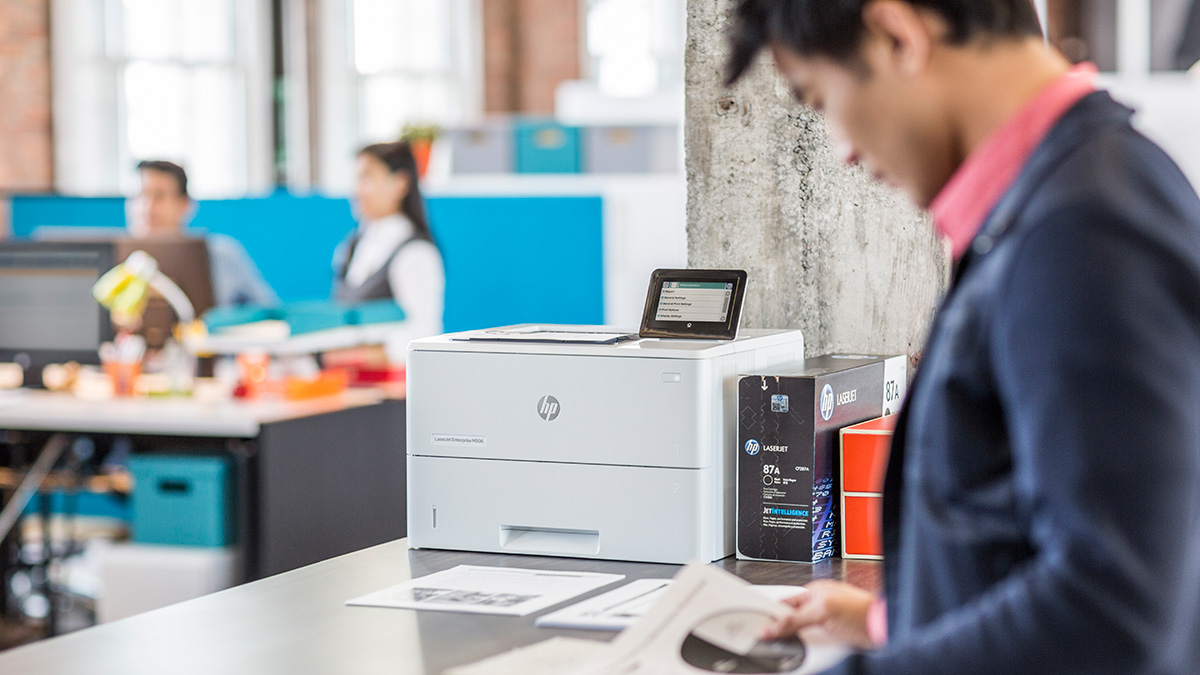 The evolution of managed print services
The evolution of managed print servicesSponsored The way we work is changing, and so is MPS.
By ITPro
-
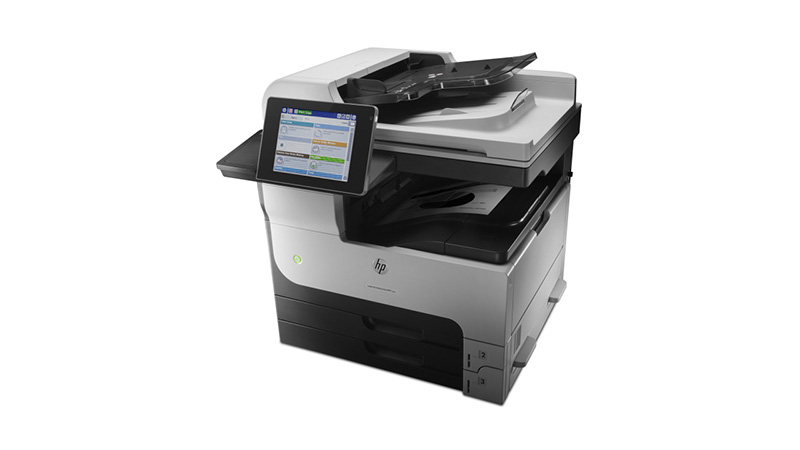 It's time to dump your photocopiers
It's time to dump your photocopiersSponsored If your business is still running a fleet of copiers, you should consider HP's new A3 MFPs instead.
By ITPro